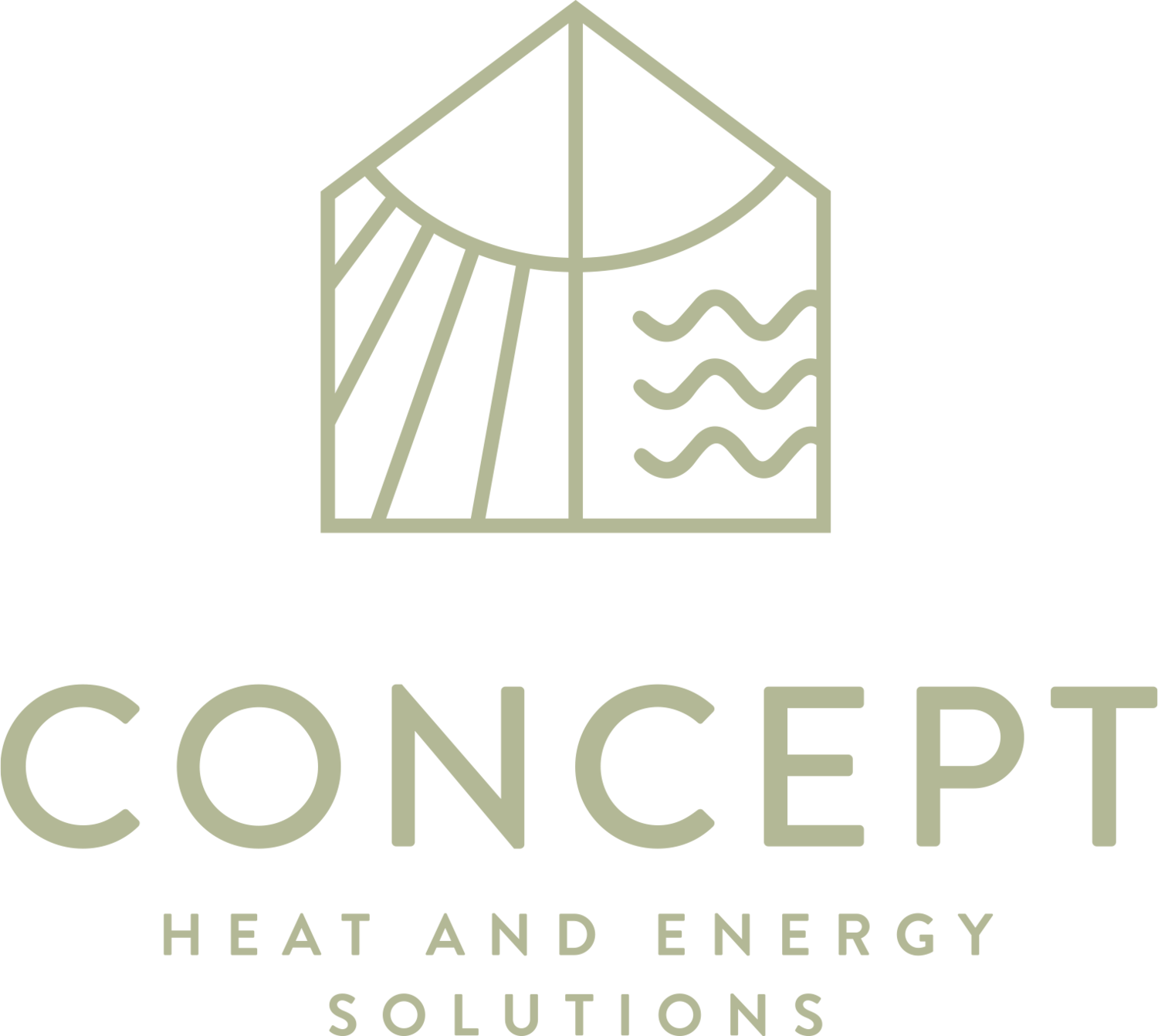Solar FAQs
Will solar save me money?
The Average New Zealand home uses an estimated 28 kwh of energy. That’s equivalent to a power bill of approximately $250-300 per month.
Purchasing an average sized solar panel system could save you up to 70% of your monthly power bill and have a lifetime saving of up to $60,000.
What sized solar panel system should I use?
The size of the solar panel system required is determined by the amount of electricity your home uses, the angle and direction of your roof and the amount of sunshine hours in your location.
A low energy user would require approximately 8 panels. (15kw-20kw/day)
A medium energy household would require approximately 12- 14 panels. (20kw-30kw/day)
A high energy household would require approximately 14+ panels. (30kwh+/day)
What are the pro’s and con’s of going solar?
PRO’S:
Energy independence
Eliminate/reduce your power bill
Profitable investment
Sustainable (lower carbon emissions)
Improves property value
Low maintenance
CON’S
Requires upfront cost
Takes up space on your roof/property
Doesn’t generate at night
Energy storage is expensive.
Will my roof be good for solar?
The ideal position of your roof is North facing to get the most out of the sun moving across the horizon. However, an East/West facing roof can get the best positioning of the sun in the morning and night. With improved technology most roof angles give great results.
Is a solar panel system eco-friendly?
A small solar panel system on a residential home is calculated to save 462 kgs of CO2. That’s equivalent to driving from Auckland to Wanaka three times. Creating your own energy means we require less gas and coal to be burned to supplement our existing renewable energy generation. Solar is a great way of reducing your carbon footprint.
Can Solar power be stored?
Solar power can be stored in a battery for use when the sun is not shining. The excess energy created from the solar panels can be stored into the battery. When the solar panels are no longer producing energy for use in the home the energy stored in a battery can then be distributed out to your appliances. There are a range of battery chemistries on the market and the most efficient at present is Lithium Iron.
What should I look for in a Solar Panel for my home?
Solar panels come in a range of sizes and watts. There are a couple of important measures you can look at to ensure your Panel has the right technology.
Efficiency
Efficiency refers to the amount of sunlight the panel can convert into usable energy. The higher the percentage the better the conversion into energy. Anything above 20% is an acceptable efficiency
Temperature Coefficient
Solar panel ratings are tested in ideal conditions for producing energy. The reality is, normal conditions will fluctuate and cause the panels to produce less than advertised. The temperature coefficient measures the efficiency loss for each degree above or below ideal test conditions. The lower the temperature coefficient the better performing the panel.
Cost per watt
The cost of the panel should be determined by the number of. Watts of the panel. This is a simple equation of cost of the panel divided by the watt size of the panel to give the true cost.Warranty
There are two different categories for warranties of a panel. A performance warranty promises their panels will work at or above 80% efficiency after 25 years. A workmanship warranty guarantees the workmanship of the panel (design, material and manufacturing), this includes the glass (excluding any external or physical damage caused to the panel). The workmanship warranty is generally 10-12 years from the date of installation.

